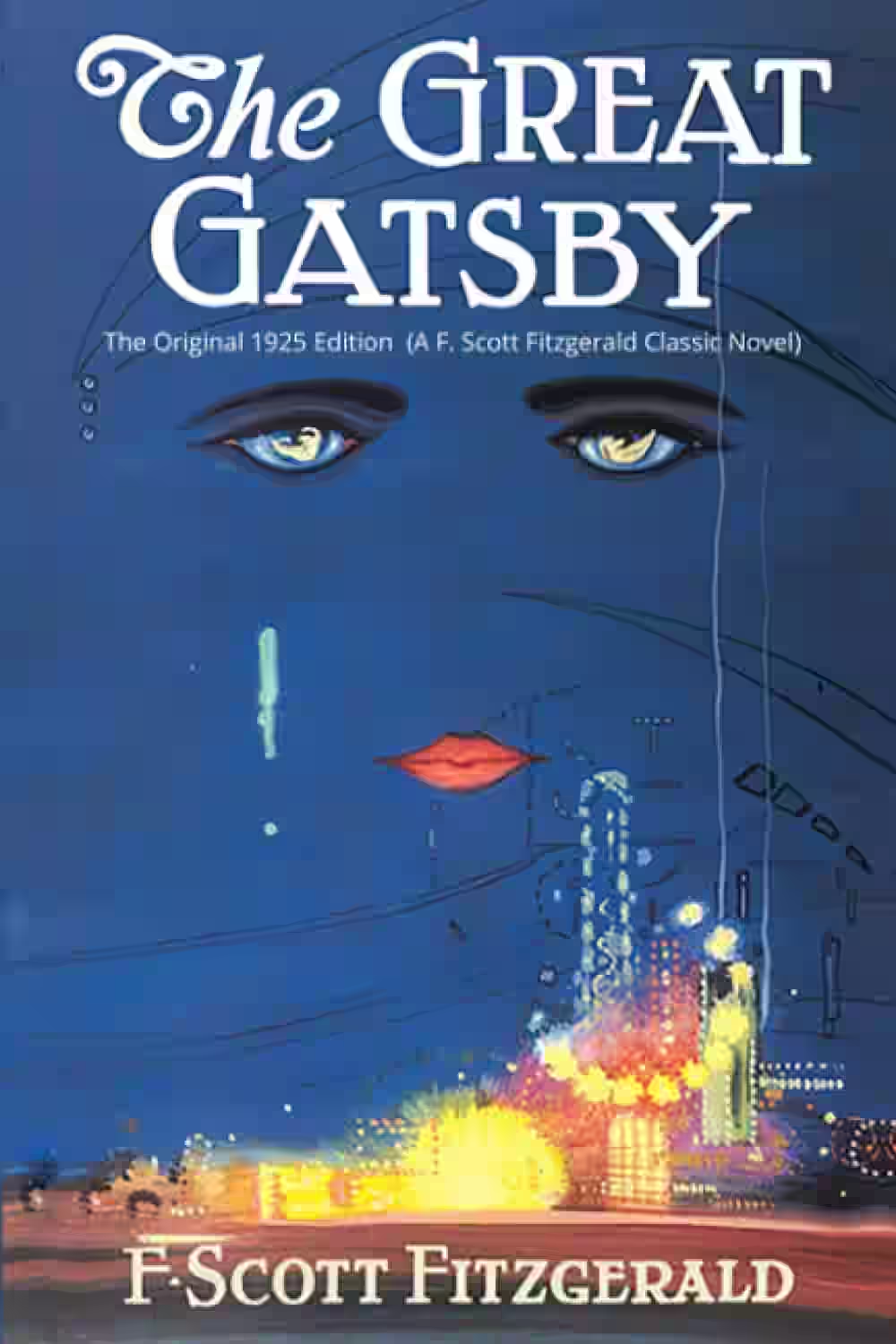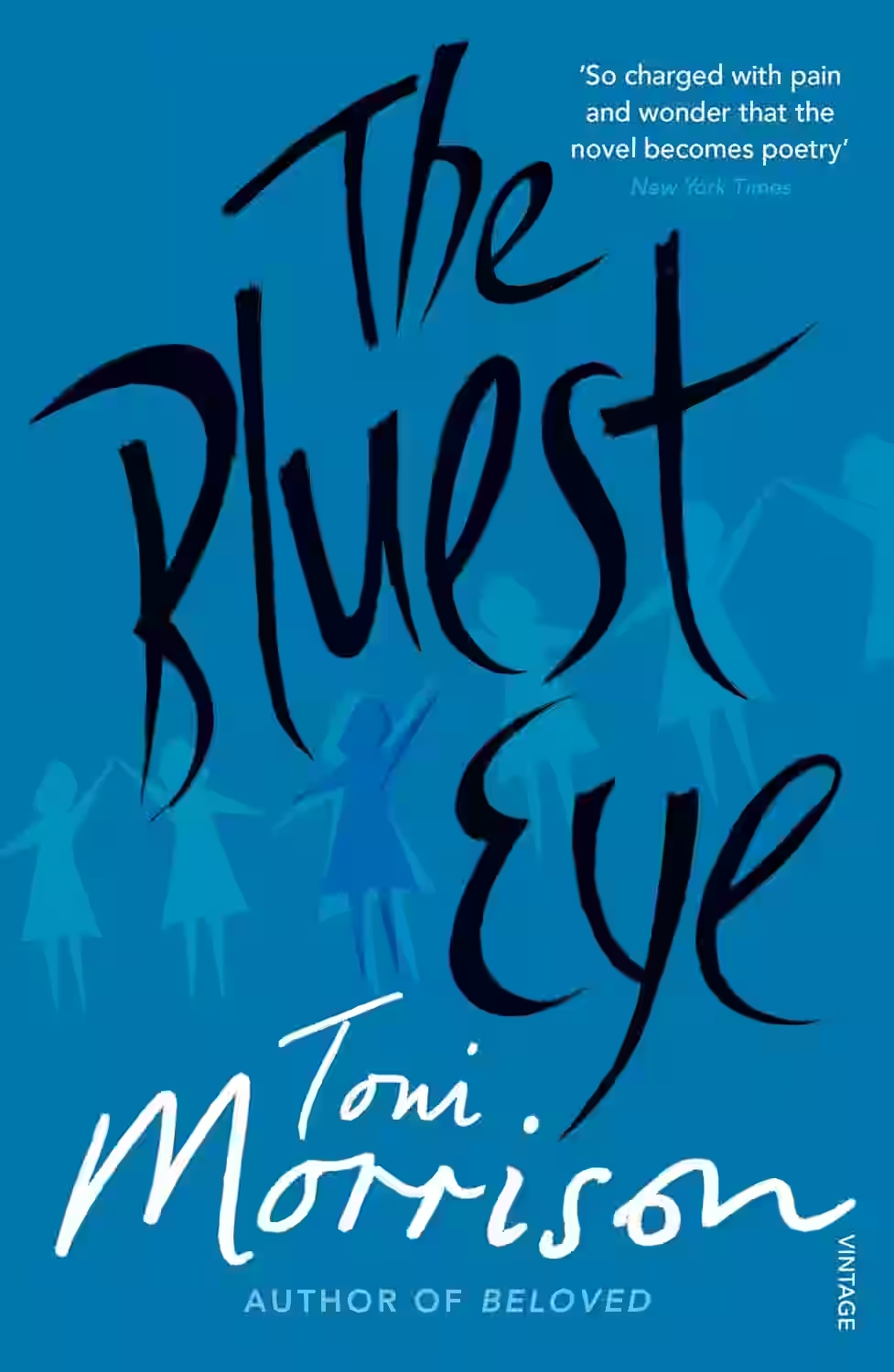
The serene and maternal Mrs. Ramsay, the tragic yet absurd Mr. Ramsay, and their children and assorted guests are on holiday on the Isle of Skye. From the seemingly trivial postponement of a visit to a nearby lighthouse, Woolf constructs a remarkable, moving examination of the complex tensions and allegiances of family life and the conflict between men and women. As time winds its way through their lives, the Ramsays face, alone and simultaneously, the greatest of human challenges and its greatest triumph—the human capacity for change.
About Virginia Woolf
An English novelist, essayist, and pioneer of modernist literature. A prominent figure of the Bloomsbury Group, she revolutionized narrative techniques with her innovative use of stream of consciousness and internal monologue. Her celebrated novels, including Mrs Dalloway, To the Lighthouse, and A Room of One's Own, explored themes of gender, identity, societal constraints, and the subjective nature of reality. Woolf's profound psychological insights and lyrical prose cemented her legacy as a literary icon.
Other Books by Virginia Woolf

Mrs. Dalloway
Spanning a single day in post-WWI London, Mrs. Dalloway follows Clarissa Dalloway as she prepares for a party, reflecting on her past, identity, and social roles. Woolf’s stream-of-consciousness narrative shifts seamlessly between characters, including a war-scarred veteran, exposing inner lives and existential concerns. It’s a lyrical meditation on time, memory, and the fragile fabric of human connection in a rapidly changing world.
Similar Books

Candide
by Voltaire
Voltaire’s satirical novella follows the optimistic Candide as he travels the world facing war, disaster, and betrayal. Guided by the philosophy that “all is for the best,” Candide endures misfortunes that challenge this belief. A biting critique of blind optimism, religious hypocrisy, and societal corruption, Candide blends absurdity and wit with Enlightenment-era commentary. It remains a seminal work in Western literature for its sharp humor and philosophical depth.

East of Eden
Set in the rich farmland of the Salinas Valley, California, this powerful, often brutal novel, follows the interwined destinies of two families - the Trasks and the Hamiltons - whose generations hopelessly re-enact the fall of Adam and Eve and the poisonous rivalry of Cain and Abel. Here Steinbeck created some of his most memorable characters and explored his most enduring themes- the mystery of indentity; the inexplicability of love, and the murderous consequences of love's absence.

The Great Gatsby
Set in the decadent summer of 1922, this masterpiece follows mysterious millionaire Jay Gatsby's obsessive pursuit of his former love, Daisy Buchanan. Through the eyes of narrator Nick Carraway, the story unfolds in a world of lavish parties and empty morality, exploring themes of wealth, love, and the corruption of the American Dream. As Gatsby's facade crumbles, the novel reveals the hollow heart of the Jazz Age.

The Bluest Eye
Toni Morrison’s debut novel examines the destructive effects of racism and internalized self-hatred on a young Black girl in 1940s America. Pecola Breedlove longs for blue eyes, believing they would make her beautiful and worthy. Through shifting perspectives, the novel reveals the systemic abuse, trauma, and societal pressures that shape her world. Morrison’s lyrical and unflinching narrative critiques dominant beauty standards and racial injustice. Though brief, the novel is emotionally powerful and thematically profound, establishing Morrison as a leading voice in American literature.